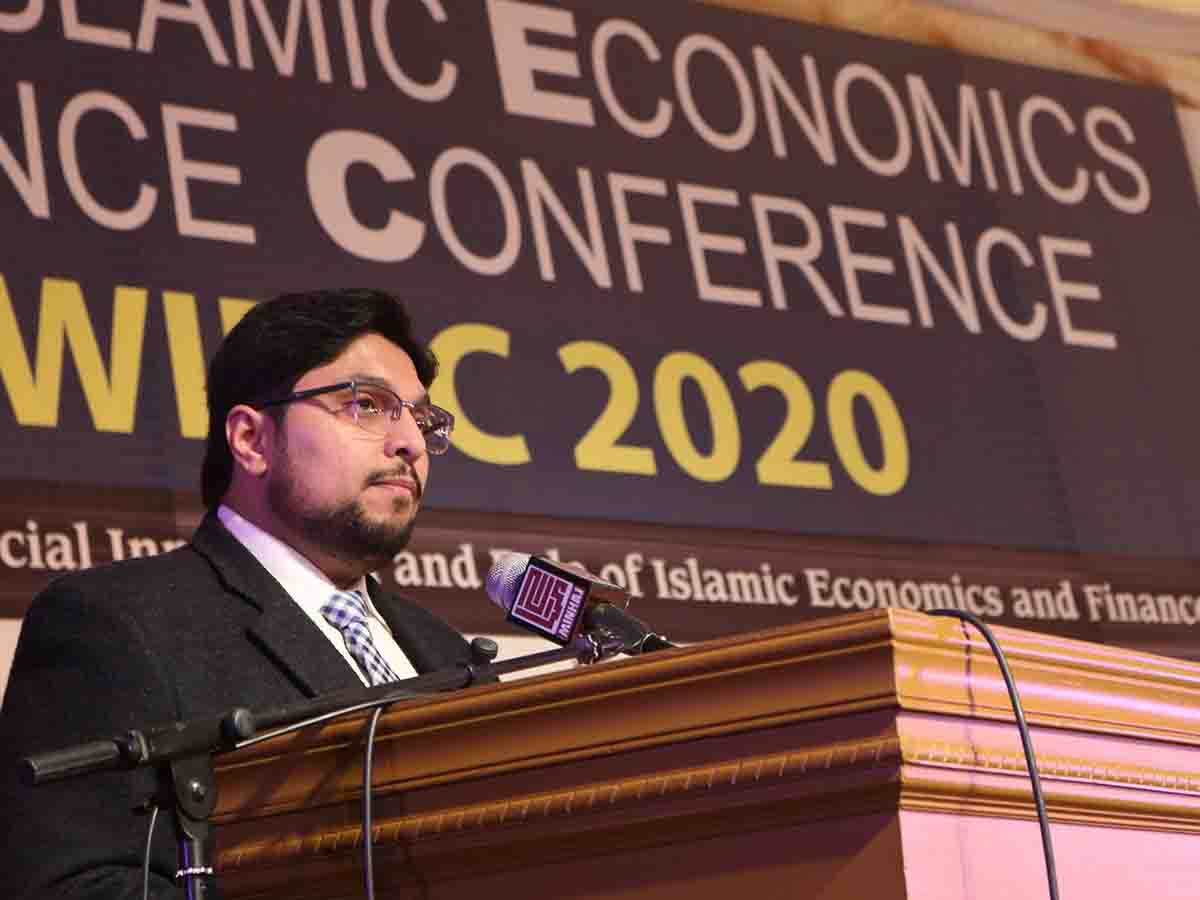
Declaration of the World Islamic Economics & Finance Conference 2020 (WIEFC 2020)
Dr Hussain Mohi –ud-Din Qadr Deputy Chairman BOG-MUL in his address on the closing day of mega International Conference on January 26th (WIEFC, 2020) said, ‘’working to Islamize the economies and banking system to give a better life to the humanity on this planet is a vision Planning and not just a goal.
Minhaj University Lahore by holding the series of World Islamic Economics & Finance conferences is implementing its vision with planning to leave a golden legacy in the sphere of Islamic Economics & Finance enactment in its true spirit. In fact, there are many elements which make any system Islamic; but, the crux is based upon two of them:
1)Scarcity Mentality Vs Abundance Mentality
The scarcity mentality is the belief that there are limited resources in the world, and there isn’t enough for everybody. Whereas the abundance mentality is the philosophy that there is enough in this world for everybody, and we can all prosper together
2) Sense of Responsibility
Islam teaches us that everybody is responsible for those under their authority. We are all responsible that all under us are treated with justice, kindness, and dignity. Eventually, the Islamic bank or bankers, it is necessary that what we devise for people is just and responsible product which carries true benefits for the customers.”
Finally stating he said,’’ Setting high goals really has little to do with what is possible to accomplish in your life. It is about becoming the best version of yourself and doing everything you can to leave this world a better place than you found it.’’
The Deputy Chairman while announcing the formation of an Islamic Economic Forum as well as adopting a Lahore Declaration Action Plan 2020, stated the declaration:
• Innovative economic and financial solutions should be developed for uplifting and empowering the poor and un-served communities.
• All public and private sector institutions and organizations, including regulators and legislators, should collaborate for reducing poverty and sharing prosperity.
• Islamic finance tools like Zakat, Waqf and Takaful should be utilized for scaling up efforts in commercially non-viable but socially vital projects and programmers to uplift standard of living in the diverse communities.
• A uniform and obligatory universal wealth levies like Zakat and Takful-based cooperative system should be introduced to help check wealth inequalities and mobilize funds for overcoming hunger and poverty.
• The interest-based world economy continues to enslave poor nations causing brain drain from the poor to rich nations.
• Muslim economists and platforms like WIEFC should suggest solutions to policy-influencing multilateral institutions like World Bank, IMF and UN.
• Muslim countries while implementing SDGs should use Maqasid al-Sharia to define solutions in the light of Islamic principles of justice and equitable distribution of wealth.
• Digitization of the Islamic finance industry is imperative in view of the tech-savvy consumers, particularly young generations.
• There is a need for internationally uniform Halal certification standards and curbing misuse of Halal Logo.
• There is also a need for tapping the blue economy for the Islamic finance industry and linking particularly its services and products like Sukuk with this emerging type of economy
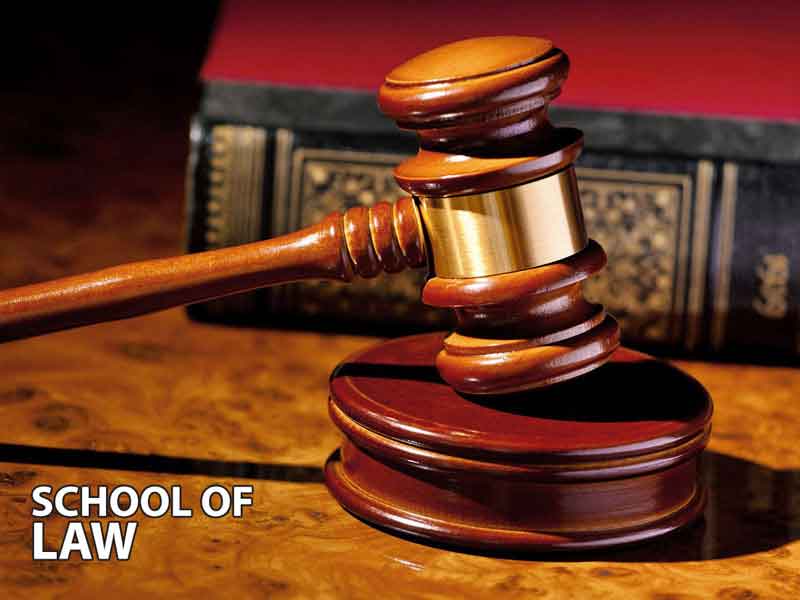
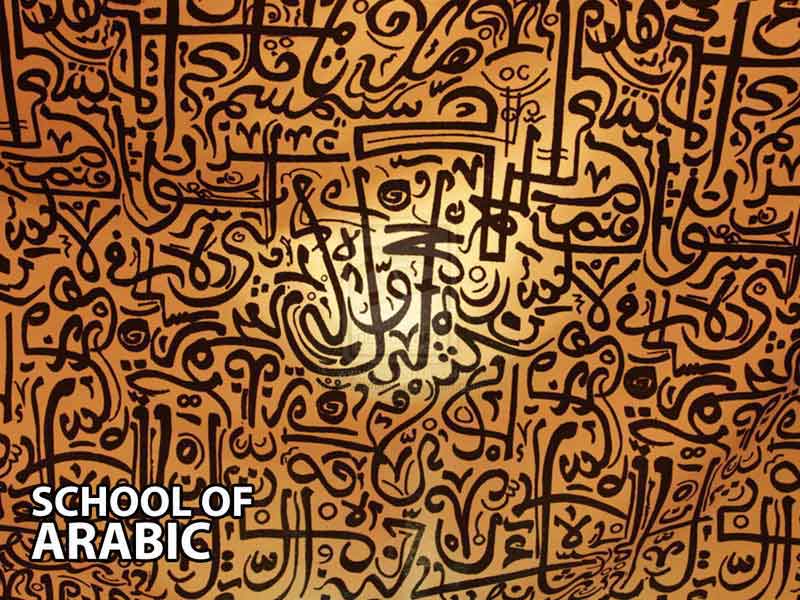
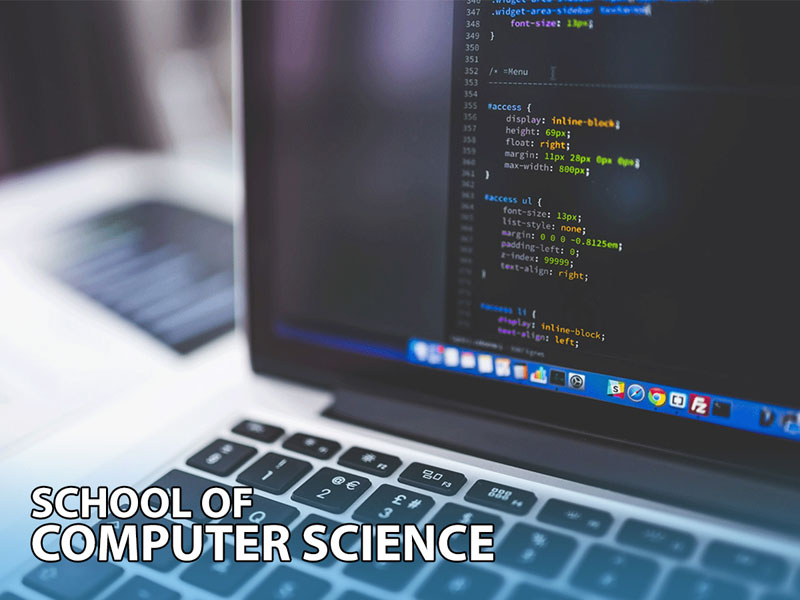
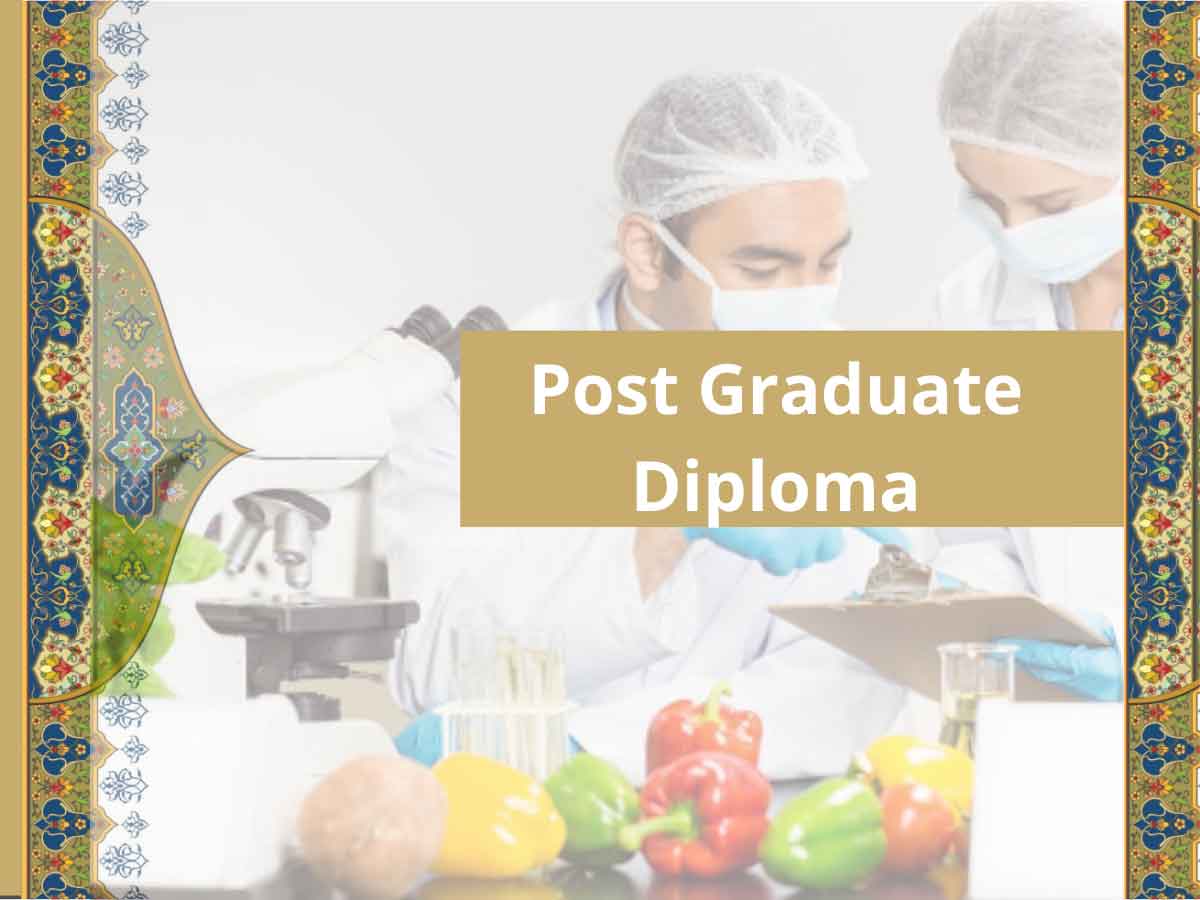
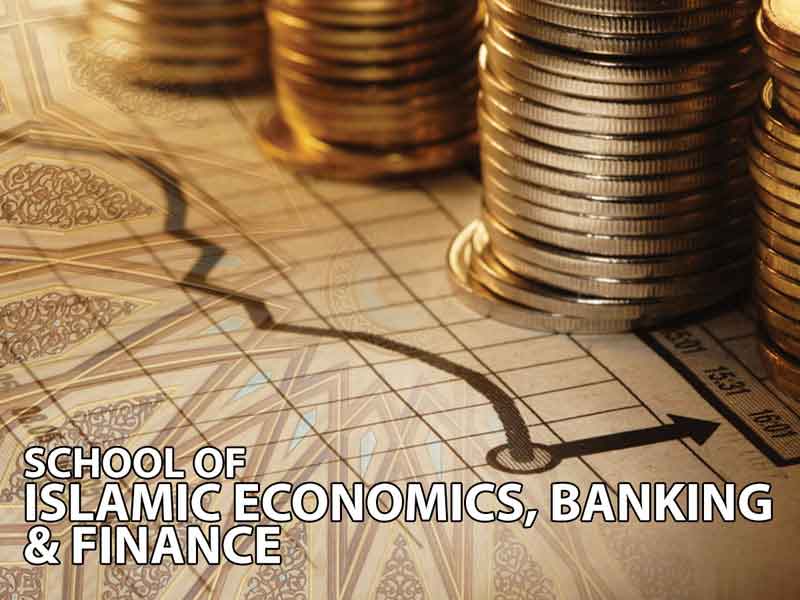
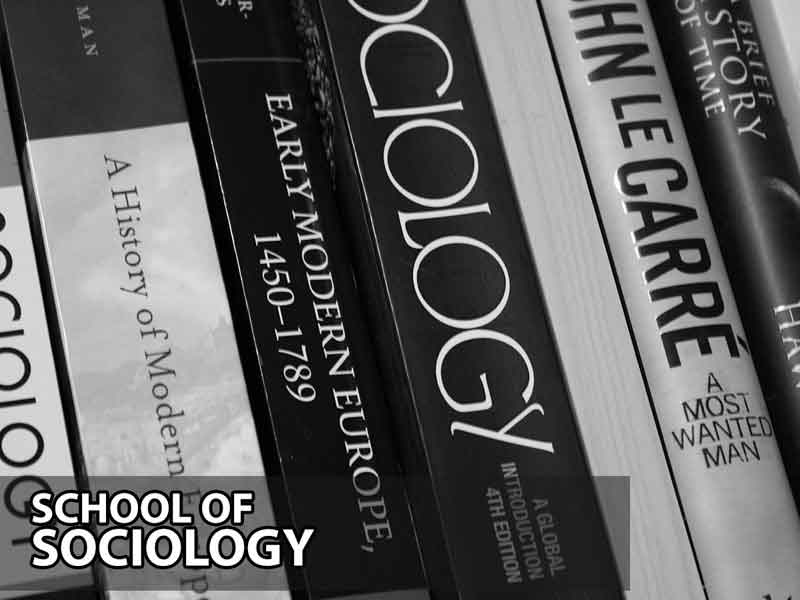
Comments